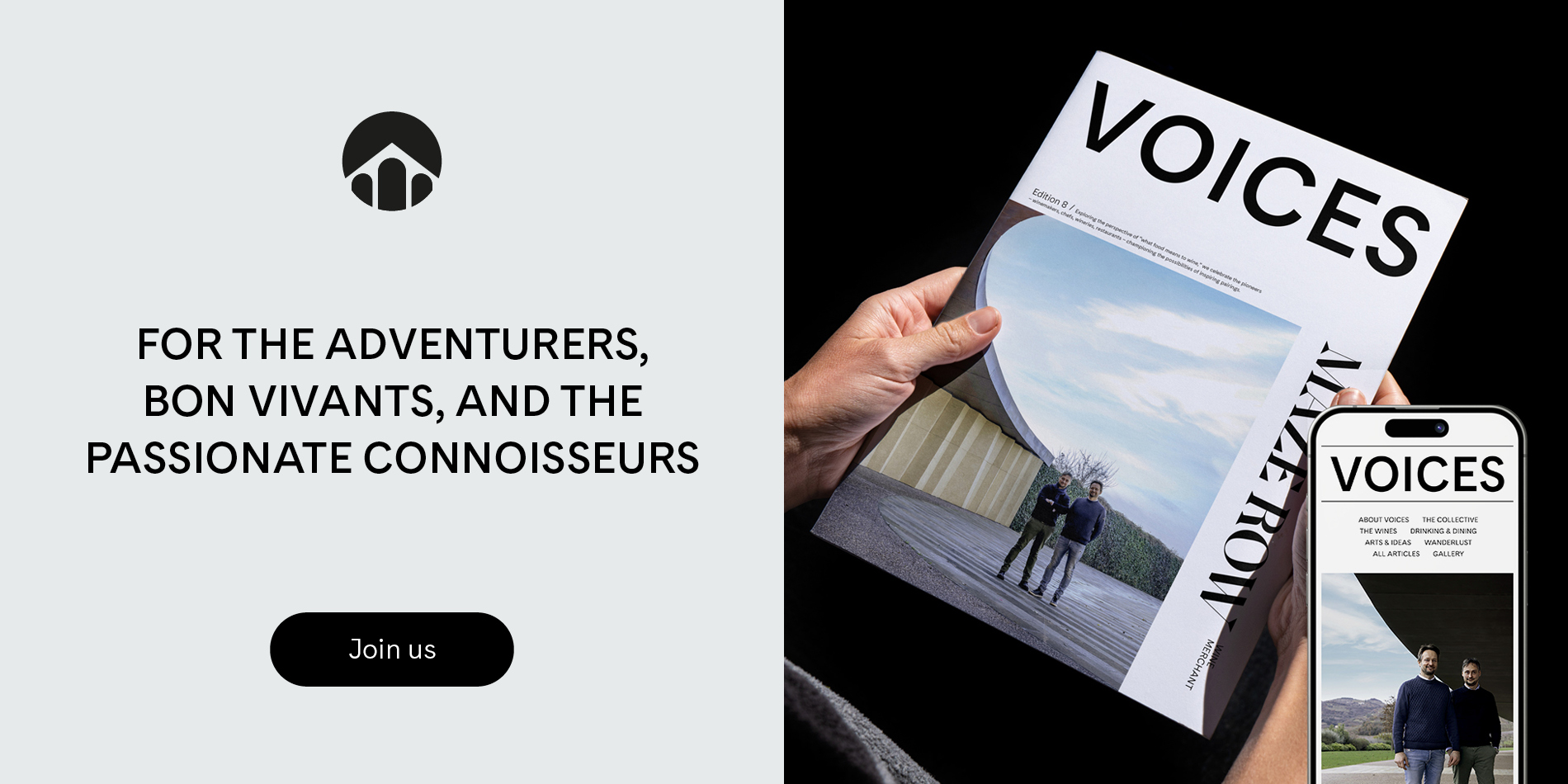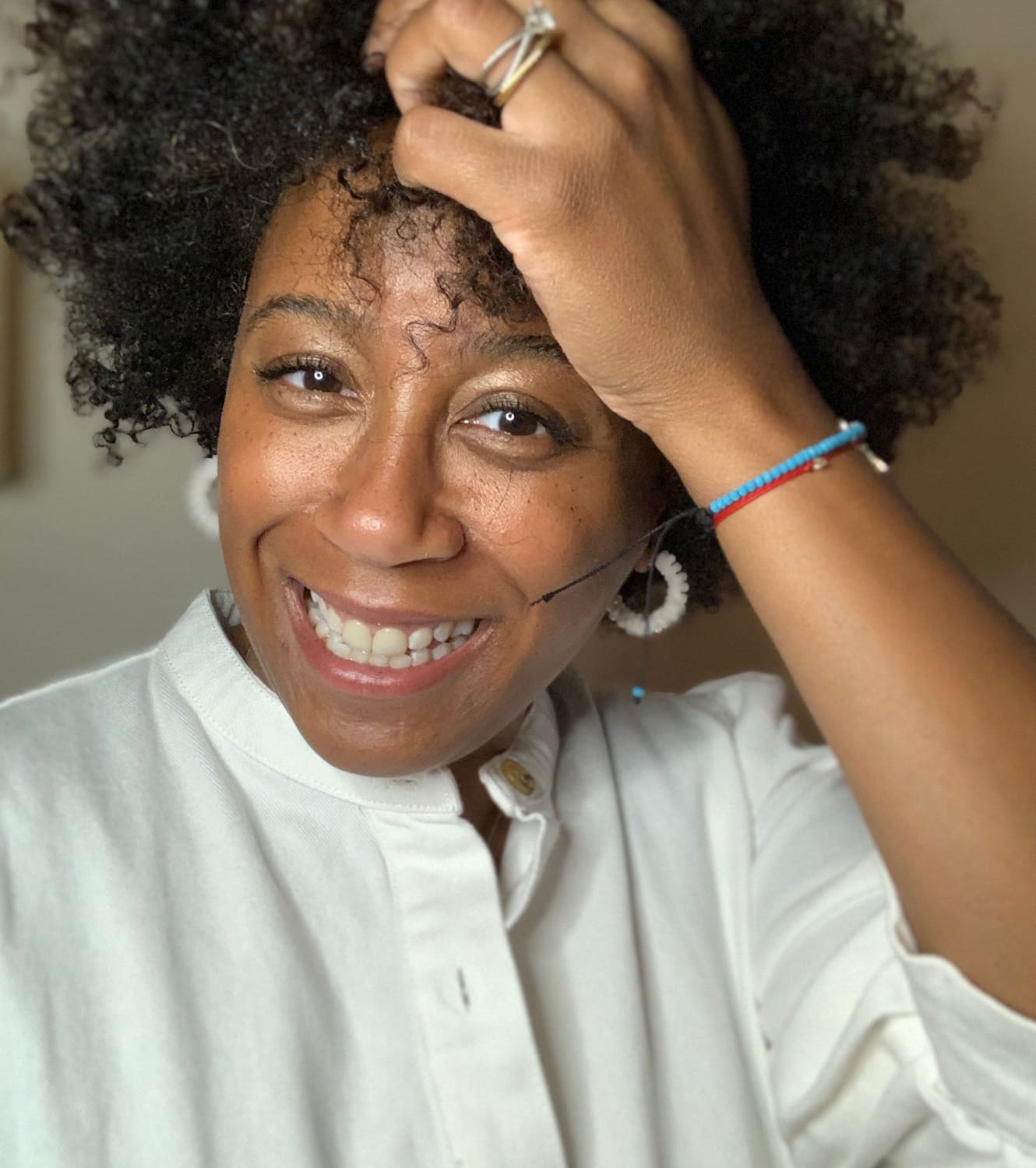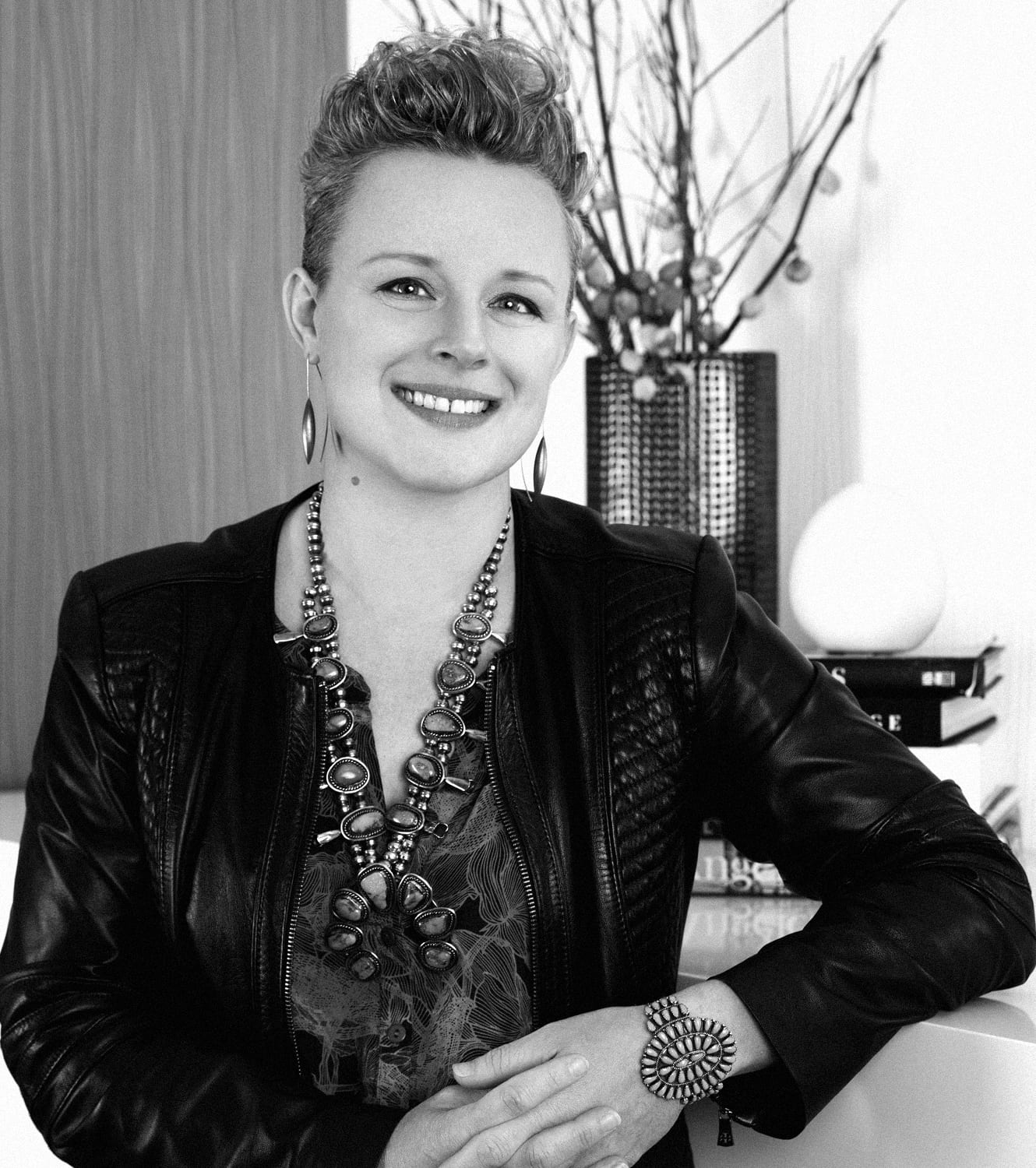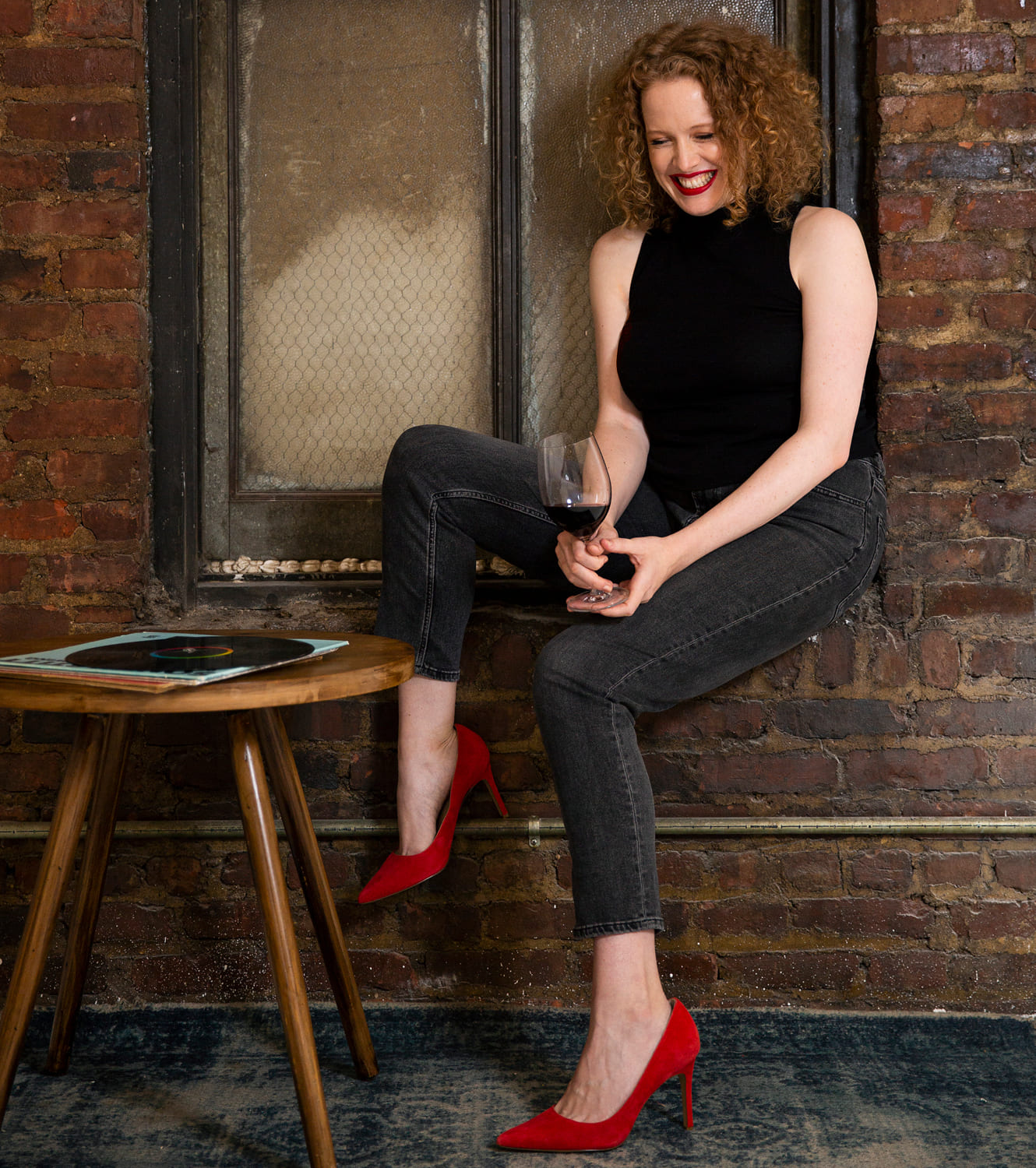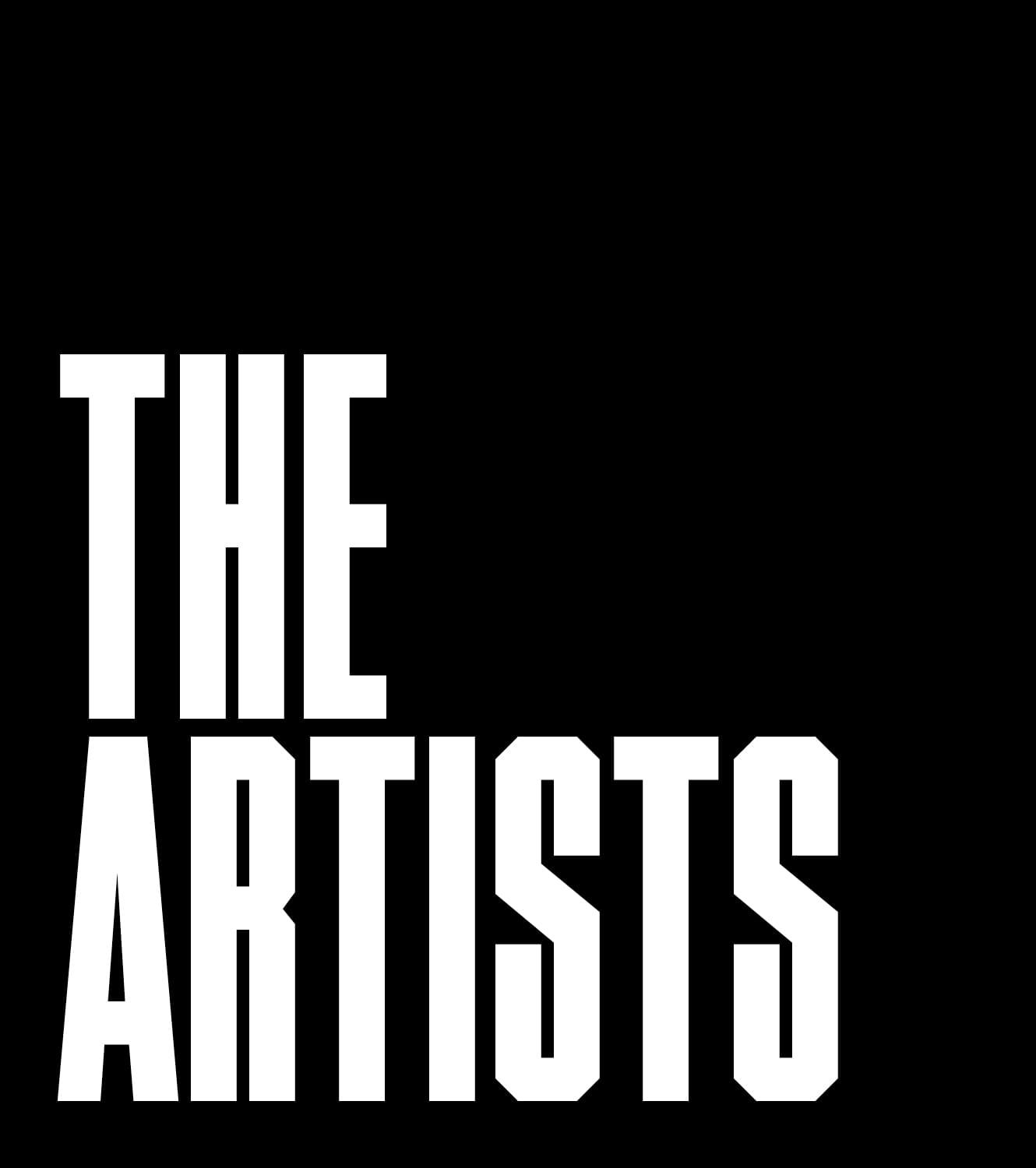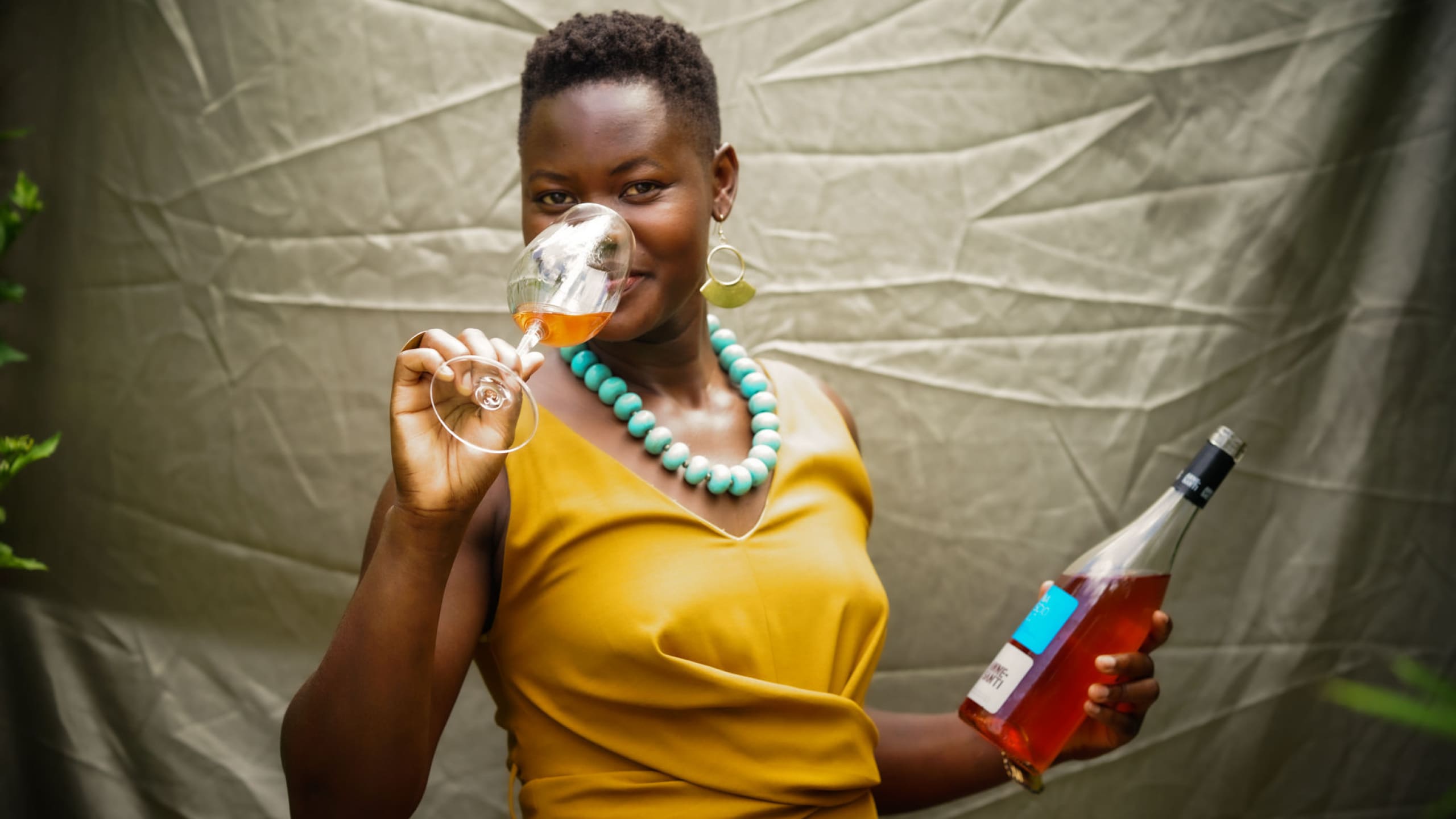
The Linguist
Alice Achayo is on a quest to diversify the language of wine through food – specifically world cuisine. We met the Boston-based wine consultant and founder of The Wine Linguist
Alice Achayo is on a mission to open our palates to new ways of tasting through the language of global gastronomy. As founder of The Wine Linguist, she wants to expand the language of wine, make it more accessible and inclusive, by exposing our palate to other cultures’ cuisines.
What got you interested in wine?
I signed up for what was then a new dual major, Eco-Gastronomy, or the ecology of food, at the University of New Hampshire in 2009. The program took us for a semester to study at the University of Gastronomic Sciences in Piedmont – where the Slow Food movement had started, and the motto “good, clean and fair” came to be.
Eco-Gastronomy emphasizes the importance of food in connecting us to one another, the land, and the ecosystem that sustains us. It highlights the importance of farmers as land stewards and fighters of climate change. We visited different producers and were taught the importance of seasonality and locality of food. I was born in South Sudan and grew up in Uganda before settling in the US with my family. Being in Italy, and seeing how much food brought people together, reminded me of my culture.
What career journey did this experience take you on?
I wanted to open a tiny bistro, to grow what I could and source the rest from local farmers and producers. I envisioned cooking everything from appetizer to dessert in a wood fired oven, and to bring people together over this concept of “good, clean and fair” food.
To learn how to use a wood fired oven, I did a bread baking apprenticeship in the Poconos, Pennsylvania. I then moved to Boston to bake at a well-known bakery, but after three years of waking up at two in the morning, I decided to pivot and went into wine. I figured that I would need to know wine for my bistro someday. And here I am seven years later.
What inspires you most about wine?
I’ve come to enjoy and be inspired by wines that tell stories of the people involved, the land they come from, and the ecosystem that make them unique – the same qualities that I look for in food.
Because I come from a farming family, I’m always going to be drawn to and grounded in agriculture. Wine is a product of an agricultural crop which means it’s always tied to land, people and cultures. As with food, when I drink wine that has been made with intention, a “good, clean and fair” wine, as it were, I feel nourished. Like food, wine has the ability to connect people from all walks of life, if we let it. That’s what I’m here to do.
How did you come to see food as a tool for change?
Food is a universal language, and that makes it a great vehicle for change. The wine language relies on our own sensory experiences and memories, which we acquire a lot of through the foods we have had. When you’re smelling a wine, the nuances that you get on the nose is entirely up to you.
However the wine language as we currently know it can be intimidating and not relatable. A small group dictates what we should be smelling and tasting in a wine; that there’s a right and wrong way to talk about wine, pair food with wine. While there is foundational knowledge that can be taught about wine, we can’t dictate what people should be smelling and tasting.
Why look to global gastronomy to explore the language of wine?
The demographic of wine drinkers is changing rapidly. And while we tend to focus on the millennials as the driver, we neglect to look further into the make-up of those wine consumers. What are their cultural backgrounds, what do they eat, what do they value? Looking globally, we see the spread of wine consumption outside of European countries.
Often when we talk about wine, it is in relation to what foods they go with, and the focus is often on pairing wine with western cuisines. In order for us to expand the wine language to become inclusive and relatable to more people from different backgrounds, we need to expand our food palate.
So, you’re saying an adventurous food palate can open our minds to exploring new wines?
Absolutely. Imagine that you never cared for a certain varietal but found that you enjoyed it when it was paired perfectly with a cuisine from another culture.
“Food is a universal language, and that makes it a great vehicle for change.”
What is your method to entice and excite guests to try new food and wine pairings?
My main goal is to encourage people from different backgrounds to try wine with their own food. I want them to know that when they want to drink wine, they don’t have to give up their food for cuisines that have historically been associated with wine. Showcasing global cuisine and wine pairing will hopefully give my guests confidence as they see their foods represented in the wine world. It can teach global food eaters what wines pair really well with different cuisines.
How do you contextualize wine for your guests, connecting them with lands, cultures, people, history?
It can be really easy to forget or overlook the fact that there are human beings behind every bottle of wine, especially when the languages used to market wine focus only on the end product. I’ve found over the years that people are drawn to wine that connects them to its history, land, people and culture, so I share what’s most unique about each wine. That could be about the vineyard stewards, the land and soil it comes from, perhaps something interesting about the vintage, or maybe the history of how the wine came to be. It’s very important that wine drinkers know that there are human beings making what they drink possible.
What’s your process for curating the wine programs to enhance these food experiences?
The first step in my curation process is solely focused on understanding the culture, people, and the cuisine of my clients. I need to have a good knowledge of the ingredients that play major roles, so that I can find the wines that will highlight and compliment these dishes.
I know this may seem like an obvious step, but too many times I’ve seen wines on lists in these restaurants that should not be there. When it comes to global cuisine, we need to consider other varietals than the ones that tend to dominate the wine lists of western cuisines.
What’s the most surprising pairing you tasted recently?
I’ve had two pairings recently that made me realize that I have some unlearning to do when it comes to what I’ve been taught about wine and food pairing. The general rule of thumb is to avoid pairing red wine with spicy food.
I paired a Syrah from Washington State with an extremely spicy Ethiopian dish called afong, nicknamed volcano. The main spices in the dish are scotch bonnet, chilies, ginger and garlic ground into a paste. The base of the dish is a lightly stewed soup with ground or minced beef, served with the Ethiopian flatbread, injera. The flavor comes entirely from the spices and Ethiopian spiced butter, kibbe.
This was very much an accidental pairing, but it worked beautifully. The spices pulled out the fruit in the wine which then helped squelch the heat in between bits. The second pairing was kimchi and a high-altitude Cabernet Franc from Argentina. It turns out, when your palate is used to spicy food, pairing red wine with spice heat is not a problem.
The wine scene is at the cusp of change, with diverse voices opening the conversation in new and exciting ways. What are the opportunities?
The opportunities to get involved in this industry is endless because there is room for everyone. There are a lot of creatives out there who are expanding the scope of the industry and I see cuisines from different cultures getting their recognition within the wine language. How we talk and teach about wine will need to change quite a bit so that we can welcome more diverse cultures. I’m very excited for what is heading our way.
Photography ©Stefanie Belnavis of The Diahann Project
We recommend
Taking the natural course
A former fashion executive, Whitney Pope is now Washington DC-based sommelier and founder of Whit + Wine. Here, she discusses her journey from fashion to fermenting , and why there is a natural space for natural wine
MAKING WAVES
Through her wine program at Cooper’s Hawk, and as chair of the board of the Court of Master Sommeliers, Americas, Emily Wines is making it her mission to bring diversity, inclusivity and excitement to the world of wine
TASTING BORDEAUX WITH DUKE ELLINGTON
A jazz musician, sommelier, and crafting a wine label with Grammy-winning saxophonist Ted Nash, Kyla Marshell meets the artist in Manhattan for a musically enhanced wine experience
SOMMELIERS ARE USING THEIR CRAFT TO OPEN OUR PALATES
Sommeliers and wine educators can open our eyes to new ways of experiencing wine through artistically curated programs that tap into the mind and soul. We speak to a diverse group doing just that
